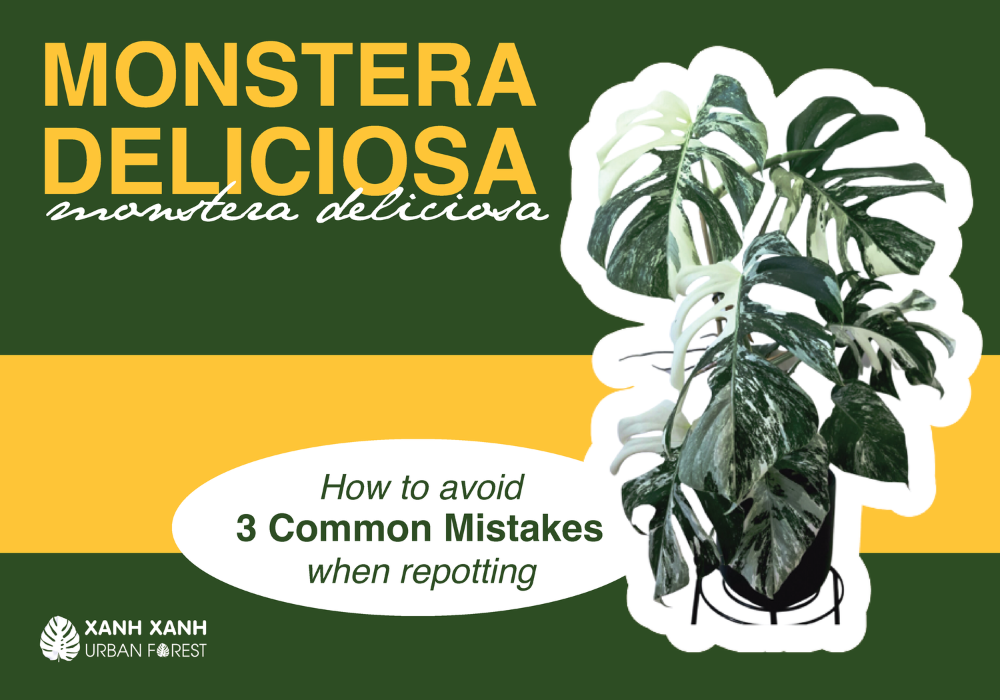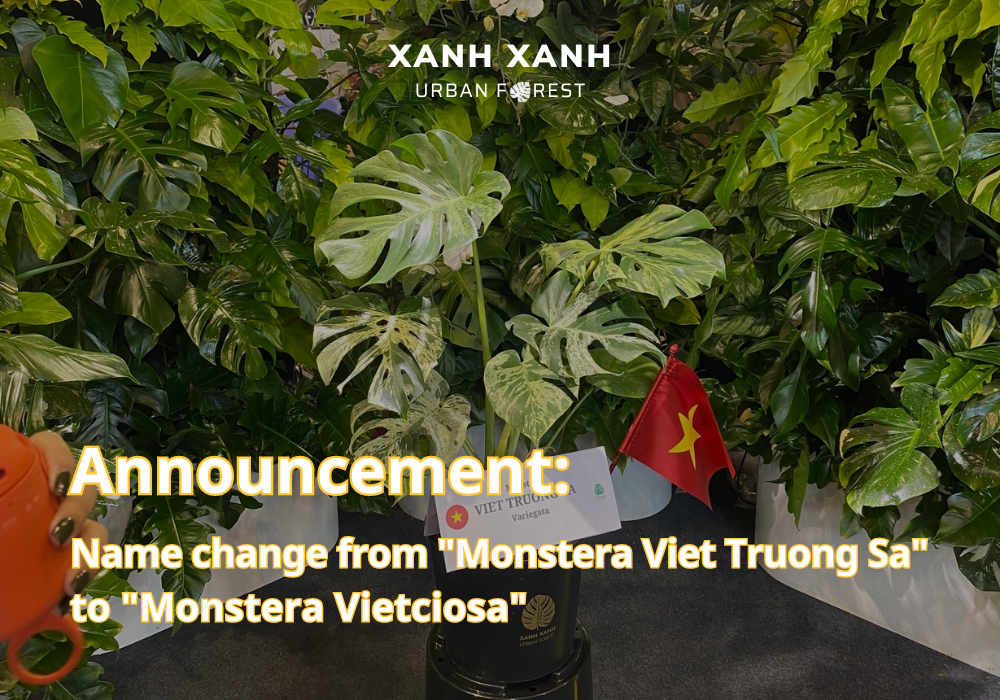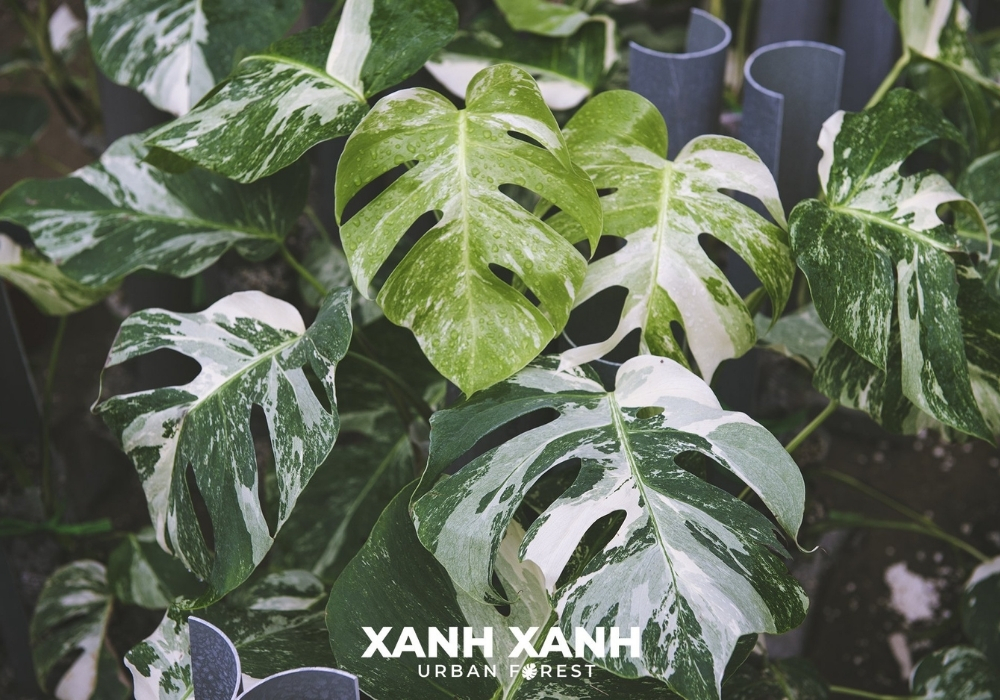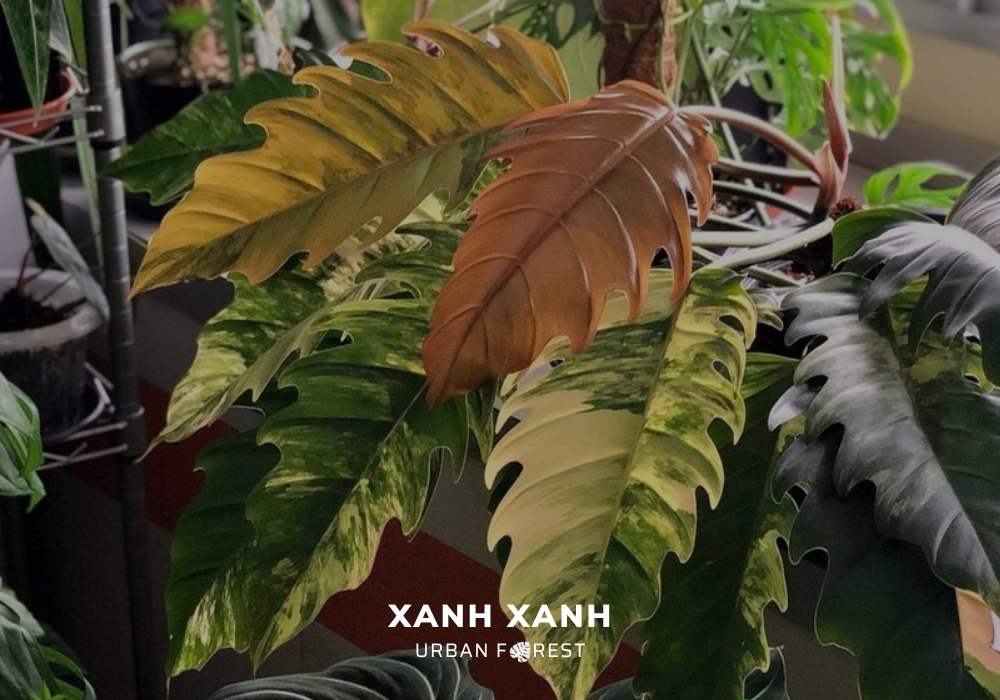Table of Contents
Overview of Repotting Monstera Deliciosa
Monstera Deliciosa is a popular houseplant that is known for its large, perforated leaves. These plants are relatively easy to care for, but repotting Monstera incorrectly can lead to stress and even death. Here are top 3 common mistakes to avoid when repotting your Monstera.
Using the wrong pot size
Choosing the incorrect pot size when repotting this plant is one of the most frequent errors. Stunted development, root rot, and even death are some of the detrimental effects that this may have.
By limiting the area that the plant’s roots can spread out in, a pot that is too tiny will impede the plant’s growth. Nutrient deficits may result, and the plant may not grow to its full potential size.
Problems can arise from using a pot that is too big. Root rot may result from a pot that is too big since the soil may take longer to dry up.
A decent rule of thumb is to select a pot with a diameter that is 1 to 2 inches greater than the existing pot. Additionally, it’s crucial to pick a pot with drainage holes so that extra water may drain. If you are repotting an established plant, you may want to choose a heavier pot to prevent it from toppling over. For a young plant, a lighter pot that is easier to move may be a better option.

Using the wrong potting mix
Monstera Deliciosa plants need a well-draining potting mix. This is due to the fact that if their roots are consistently damp, they are prone to root rot. Water will swiftly drain through a well-draining potting mixture and won’t pool around the roots.
This plants also need an airy potting mix. This is because their roots need oxygen to thrive. An airy potting mix will have large particles that create air pockets in the soil.
It prefers soil that has a pH between 5.5 and 7.0 in their potting soil. You can determine the pH of the potting mixture using a pH meter or a pH test kit.
Here are some tips for choosing a good potting mix for your Monstera plant:
Look for a potting mix that is specifically designed for tropical plants or Monstera Deliciosa plants.
Avoid potting mixes that contain heavy ingredients such as clay or loam. These components have the potential to compress the soil and obstruct water drainage.
Make sure to utilize sterilized ingredients while producing your own potting mix. This will aid in halting the spread of illnesses and pests.
Here is a straightforward formula for making your own plant potting soil:



Mix all of the ingredients together and plant your Monstera plant in the mixture.
Not breaking up the root ball
Over time, the plant’s roots can become tightly packed in the pot, forming a root ball. This can restrict the plant’s growth and make it more susceptible to pests and diseases.

To repot this plant, follow these steps:
- The day before repotting, thoroughly water the plant. This will lessen the likelihood of harming the roots and make the soil easier to work with.
- Gently remove the plant from its current pot. If the root ball is tightly bound, you may need to use a knife to loosen it.
- Break up the root ball. Gently loosen the roots with your fingers or a blunt object. Be careful not to damage any of the primary roots.
- Remove any dead or damaged roots. Use a sharp knife to trim any dead or damaged roots cleanly.
- Place the plant in the new pot and backfill with potting mix. Tamp down gently to remove any air pockets.
- Water the plant thoroughly and place it in a bright, indirect light location.
If your plant is particularly large, you may want to divide it into two or more plants before repotting. This will make the process easier and help to encourage new growth.
Where to buy the Monstera plants?
If you want to buy the Monsteras, there are many options available for you to choose from. They can be found at online stores, garden centers, and neighborhood plant shops. It is strongly recommended that you purchase your Monsteras from Xanh Xanh Urban Forest.
Xanh Xanh offers a wide selection of high-quality Monstera plants at affordable prices. All my plants are grown in the greenhouse that belongs to me and are thoroughly examined prior to being sent out for shipping. We provide a 100% satisfaction guarantee to ensure your happiness with your purchase.
What is the reason for waiting? Purchase your Monsteras right now at Xanh Xanh Urban Forest! You won’t be disappointed.
Final thought
You may find information on how to avoid the top 3 mistakes when repotting Monstera deliciosa plants in the article above. By following these tips, you can help ensure that your plant thrives for many years to come.
Read more: Monstera Deliciosa Repotting Signs: A Comprehensive Guide
The professionals at Xanh Xanh are always available to answer your inquiries in order to keep your plants healthy. Contact us via:






Sky Scarlet I truly appreciate your technique of writing a blog. I added it to my bookmark site list and will
Strands Hint Very well presented. Every quote was awesome and thanks for sharing the content. Keep sharing and keep motivating others.
I just wanted to say that your article is remarkable. The clarity and depth of your knowledge are truly refreshing. May I subscribe to keep up with your future posts? Keep up the fantastic work!